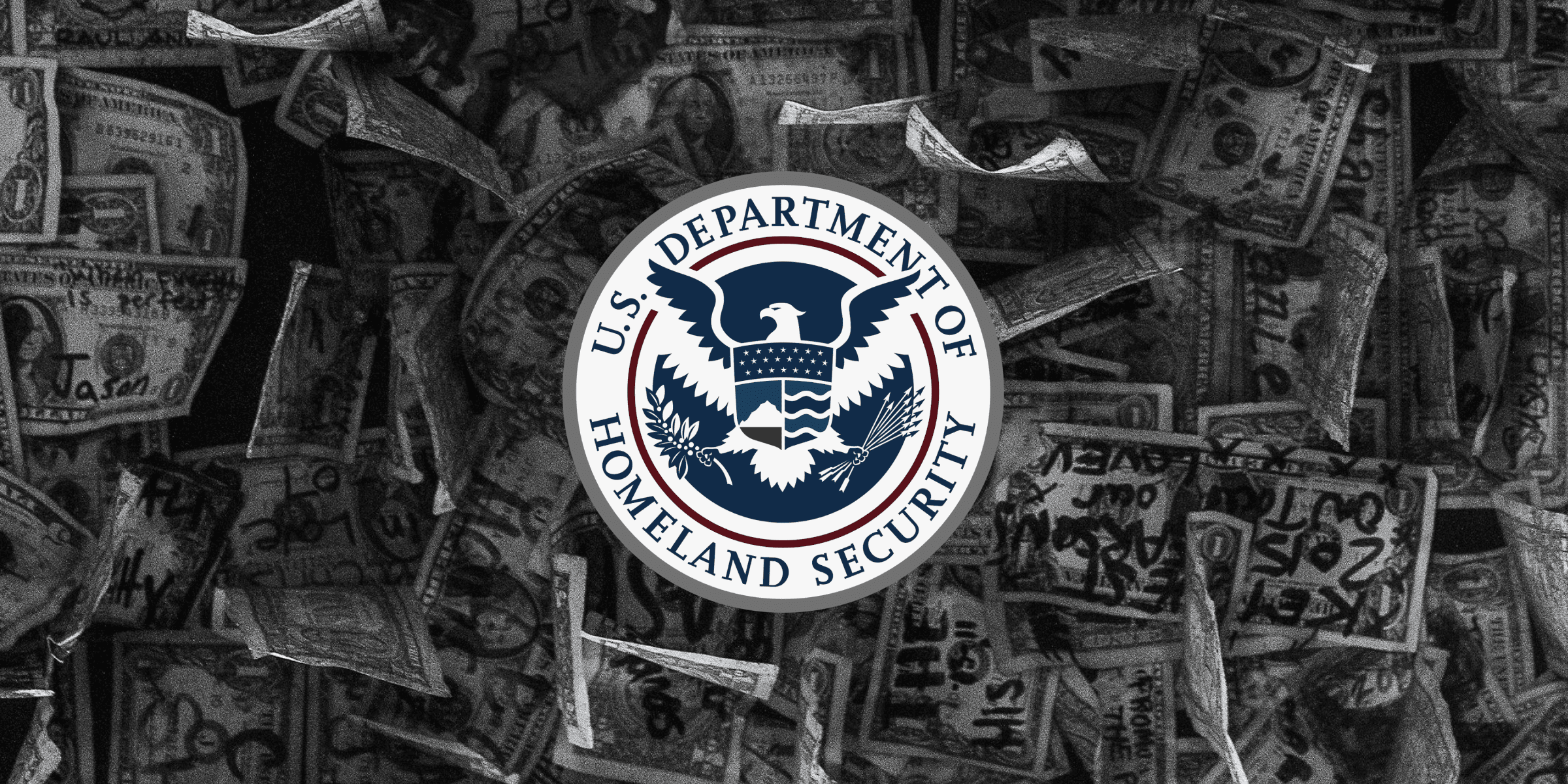On February 20, 2025, the U.S. State Department designated 8 prominent international drug trafficking organizations as Foreign Terrorist Organizations (FTOs) and Specially Designated Global Terrorists (SDGTs).
This landmark action introduces significant sanctions for U.S. businesses operating in Latin American regions, as all eight cartels subject to the new sanctions are located within this region.
Firms and individuals now face severe penalties—including 20-year prison terms, $1 million fines per violation, and significant sanctions—for conducting business with or unknowingly supporting designated organizations.
Companies operating in cartel-dominated areas face elevated compliance risks, particularly concerning terrorist financing and links to terrorist organizations. Regulatory scrutiny is increasing, and businesses must implement rigorous due diligence to mitigate legal, financial, and reputational consequences.
Regulators Crack Down on Cartel Financing—Which Firms Are at Risk?
The U.S. State Department’s designations are a direct result of a January executive order declaring terrorism financing a threat to national security.
The following actions will incur penalties:
- Sourcing goods from cartel-controlled operations or farms
- Using transportation networks where cartels charge fees for safe passage
- Paying extortion fees or “security taxes” to operate in cartel-influenced regions
- Partnering with front companies that indirectly funnel funds to cartels
- Engaging in real estate transactions in territories where cartels control development
Even firms operating in good faith are at increased risk of severe criminal penalties and fines, as cartels often intertwine illicit activities with legitimate businesses.
Companies might unknowingly support cartel interests through hidden ownership or control, boosting the risk of legal and financial exposure.
Firms Face Harsh Penalties for Unknowing Ties to Terrorist Organizations
According to the Order, these groups have deeply infiltrated legitimate economic sectors in Mexico:
- Tren de Aragua
- Mara Salvatrucha (MS-13)
- Cártel de Sinaloa
- Cártel de Jalisco Nueva Generación
- Cártel del Noreste (formerly Los Zetas)
- La Nueva Familia Michoacana
- Cártel de Golfo (Gulf Cartel)
- Cárteles Unidos
These cartels have been designated as FTOs and SDGTs by the U.S. State Department.
Recent reports show cartels routinely extort legitimate businesses, with 45% of Mexican companies facing demands. Terrorist organizations often use front companies and compromised partners, creating a complex web of risk for businesses in affected regions.
Financial institutions face intense scrutiny, as banks conducting significant transactions with SDGTs risk severe U.S. sanctions.
The 2024 TD Bank case demonstrates the scale of these penalties: the firm was fined $3 billion for failing to detect and prevent bad actors from exploiting its services for money laundering. Despite having no knowledge of the illicit activity, TD Bank’s inadequate controls allowed employees to conspire with criminal networks, facilitating the laundering of millions to Colombia.
To navigate these threats and avoid sanctions, companies must conduct background checks on all entities within their supply chain.
Strengthening Sanctions Screening to Mitigate Business Risks
Background checks are essential to uncover reputational risks and ensure third parties have no ties to cartel activity. As cartel-related sanctions and third-party risks expand, multinational companies should engage a provider with global research capabilities to uncover region-specific red flags.
Vcheck provides background investigation services across 150+ countries. With investigators fluent in over 25 languages, we offer contextualized insights to help firms navigate an increasingly complex global regulatory landscape.
Vcheck’s Continuous Monitoring Platform consolidates adverse media, criminal records, and sanction screening to identify hidden red flags. With Vcheck Monitoring, companies can screen for evolving risks in real time, ensuring compliance with U.S. sanctions and preventing costly regulatory violations.
Contact us to learn how Vcheck can help safeguard your operations from legal, financial, and reputational threats.

